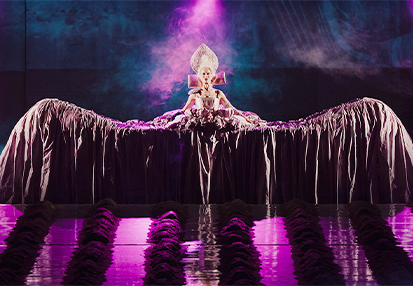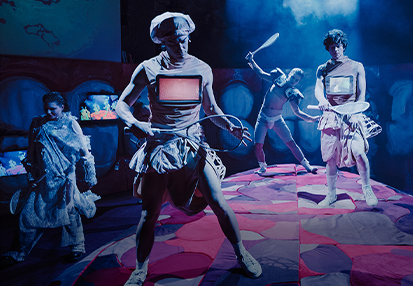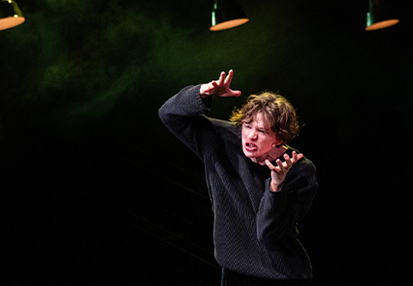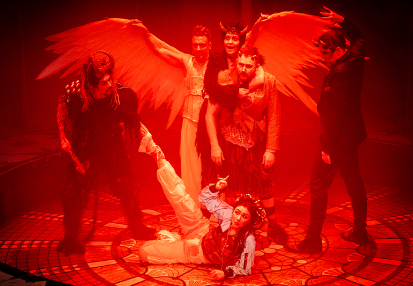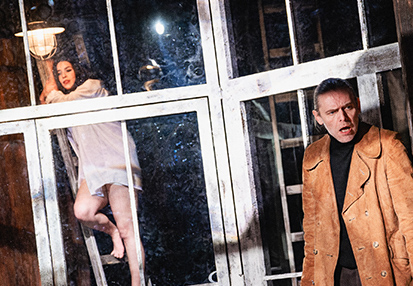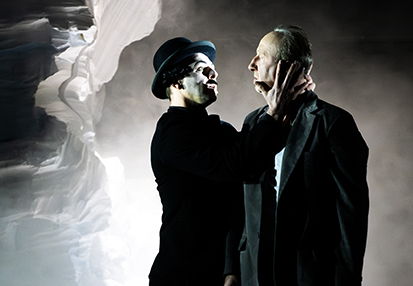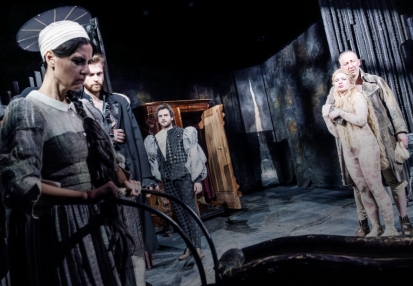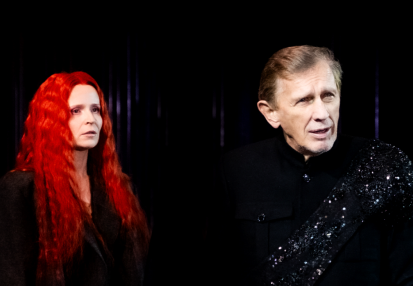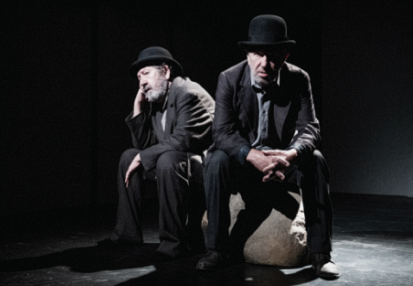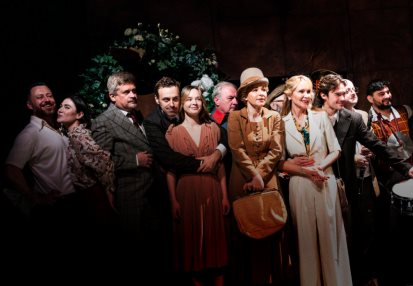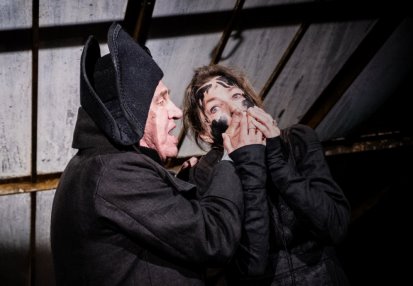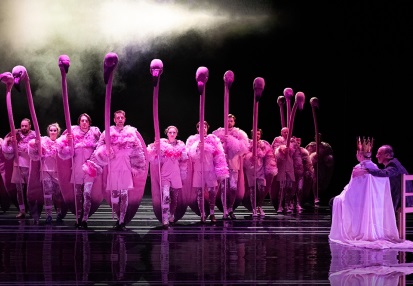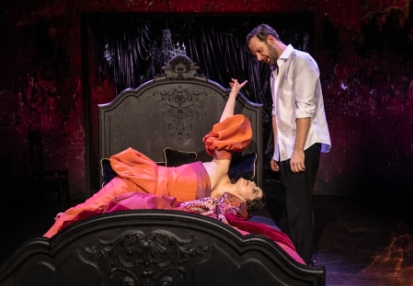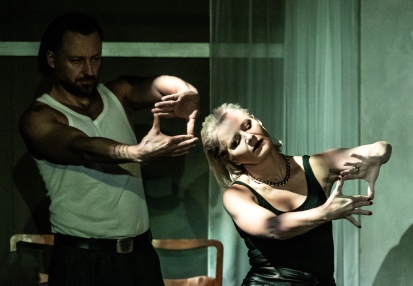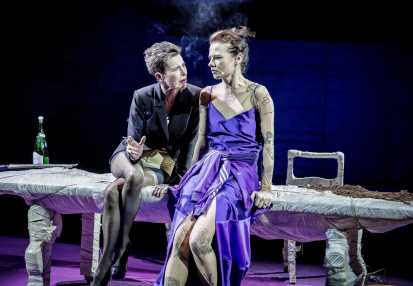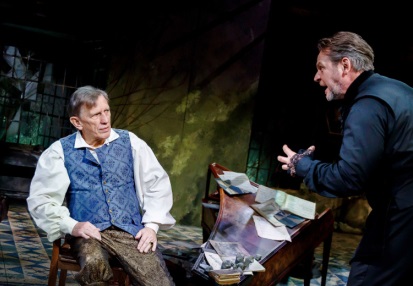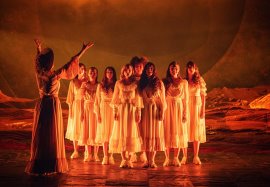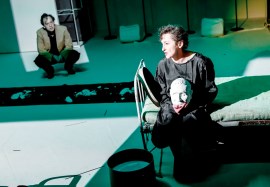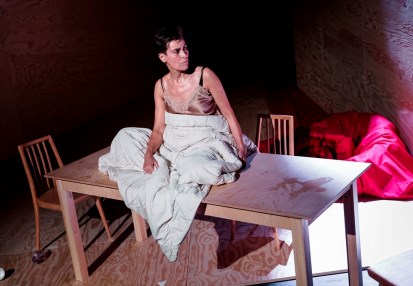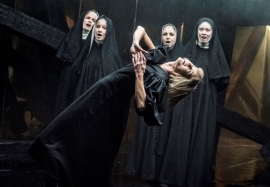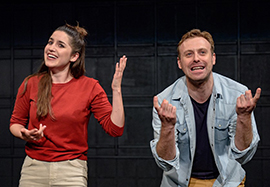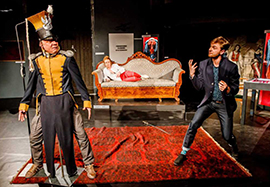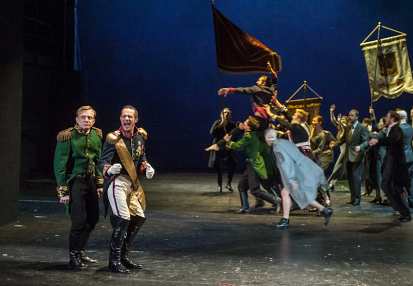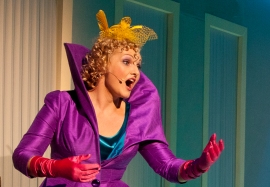Adam Mickiewicz and 21st Century
Polski romantyzm to nie tylko epoka literacka, inspirująca kolejne pokolenia twórców i badaczy – to także zbiór wyobrażeń określających nasz stosunek do zbiorowości i historii. Stworzony przez Mickiewicza narodowy mit stał się podstawą polskiej tożsamości i do dzisiaj wpływa na język publiczny.
Jaki jest Mickiewicz w roku 2016? Czy jako poeta narodowej wspólnoty, wyraziciel jej uczuć, porusza jeszcze nowe pokolenia? Czy idee Mickiewicza stanowią punkt odniesienia w wolnorynkowym świecie? Co jest żywego w dziele poety?
I. dyskusja
prowadzenie: Małgorzata Dziewulska
uczestnicy: Zbigniew Majchrowski, Tomasz Plata, Krzysztof Rutkowski
II. czytanie poezji Adama Mickiewicza
Aktorzy Teatru Narodowego: Wiktoria Gorodeckaja, Aleksandra Justa, Jerzy Radziwiłowicz
Prowadzenie dyskusji:
Małgorzata Dziewulska – eseistka, reżyserka. Pracowała w kierownictwie literackim Starego Teatru w Krakowie, była kierowniczką literacką Teatru Narodowego w Warszawie (w okresie dyrekcji Jerzego Grzegorzewskiego) i konsultantką programową Teatru Dramatycznego w Warszawie. Autorka książek Teatr zdradzonego przymierza (1985), Artyści i pielgrzymi (1995), Inna obecność (2009). Obecnie współpracuje z Instytutem Teatralnym i zajmuje się filmem dokumentalnym.
Uczestnicy dyskusji:
Tomasz Plata – redaktor, kurator, dziekan wydziału Wiedzy o Teatrze Akademii Teatralnej w Warszawie. Autor książek, m.in. Strategie publiczne, strategie prywatne. Teatr polski 1990–2005 (2005), Być i nie być. Kategoria obecności w teatrze i performansie ostatniego półwiecza (2009), My, mieszczanie (2015).
Zbigniew Majchrowski – profesor Uniwersytetu Gdańskiego. Autor książek, m.in. „Poezja jak otwarta rana”. Czytając Różewicza (1993), Gombrowicz i cień wieszcza (1975), Cela Konrada. Powracając do Mickiewicza (1998), Różewicz, Mickiewicz i wiek dwudziesty (2006).
Krzysztof Rutkowski – pisarz i tłumacz, profesor Uniwersytetu Warszawskiego na Wydziale „Artes Liberales”. Autor książek, m.in. Braterstwo albo śmierć. Zabijanie Mickiewicza w Kole Sprawy Bożej (1989), Zakochany Stendhal. Dziennik wyprawy po imię (2006), Wokulski w Paryżu (2010), Dar anioła (2012).
